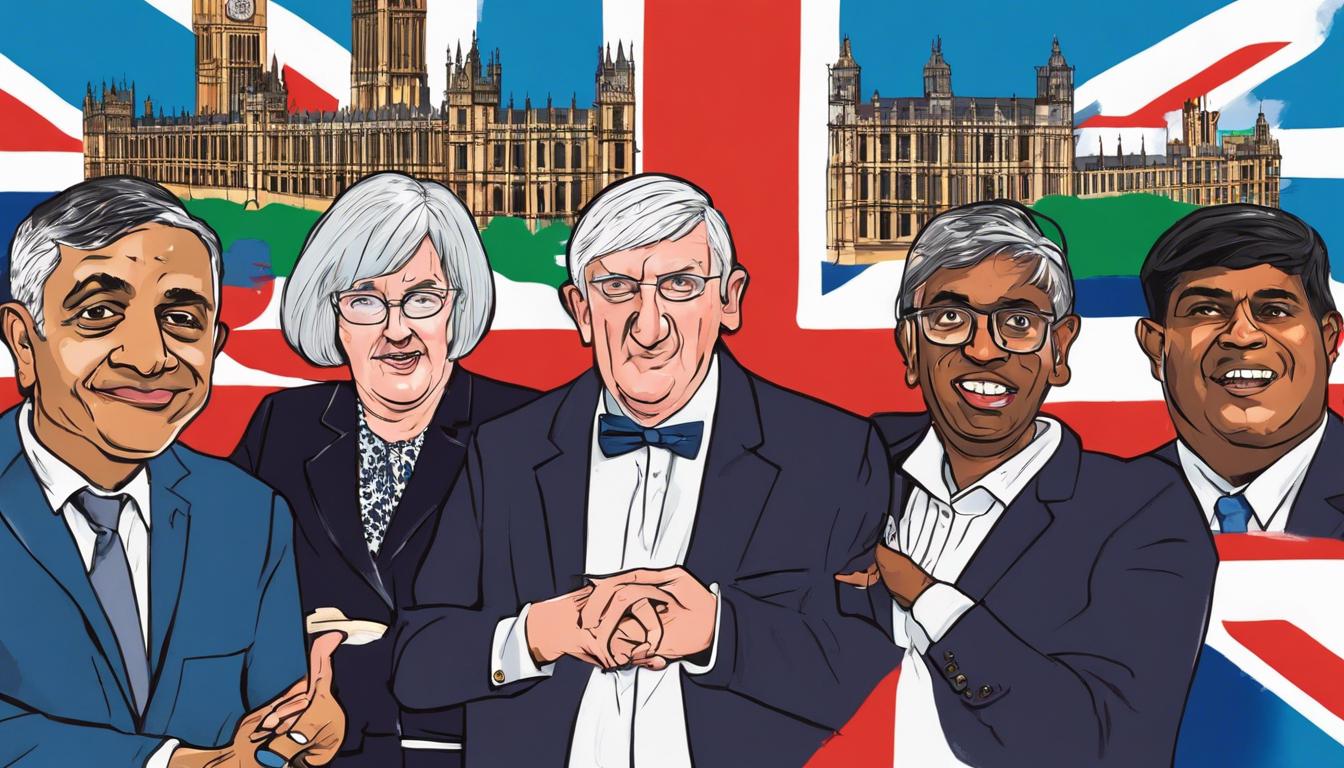Recent events have put UK politics under the microscope, from Sir Lindsay Hoyle’s oversight of Diane Abbott during Prime Minister’s Questions to the Conservative party’s debate over a £10m donation linked to racist remarks.
In recent events surrounding UK politics, Speaker of the House of Commons, Sir Lindsay Hoyle, has been subject to criticism after reportedly overlooking Labour MP Diane Abbott more than 40 times during Prime Minister’s Questions. The incident has intensified scrutiny on Sir Lindsay, especially in the wake of disparaging remarks made about Abbott by Tory donor Frank Hester. Abbott voiced concerns that she was being denied the opportunity to raise questions, stirring discontent among peers, including Rosie Duffield, Stella Creasy, and SNP Westminster leader Stephen Flynn who criticized the Speaker’s actions.
Simultaneously, the Conservative party faces backlash over Hester’s comments towards Abbott, prompting debates over the party’s acceptance of a £10m donation from him. Initially, the remarks were downplayed, but escalating criticism led to an acknowledgment from Downing Street that the comments were “racist and wrong.” This issue raised questions about Prime Minister Rishi Sunak’s leadership and the party’s stance on such matters.
Further complicating the scenario, London mayoral candidate Susan Hall’s potential funding links with Hester have come under examination, with demands for transparency and calls to return Hester’s donations amplifying within the Conservative party. Senior Tories, including Andy Street and Chris Patten, as well as Scottish Conservatives, have expressed a preference for refunding Hester’s £10m contribution, citing concerns over accepting funds from individuals who have made racist remarks.
In defense of retaining the donation, Chancellor Jeremy Hunt cautioned against “cancelling” Hester for his past actions, given his apology. However, the controversy continues to stir within political circles, with varied opinions on how the Conservative party should handle the fallout from Hester’s comments and the broader implications for party funding and political accountability in the UK.













